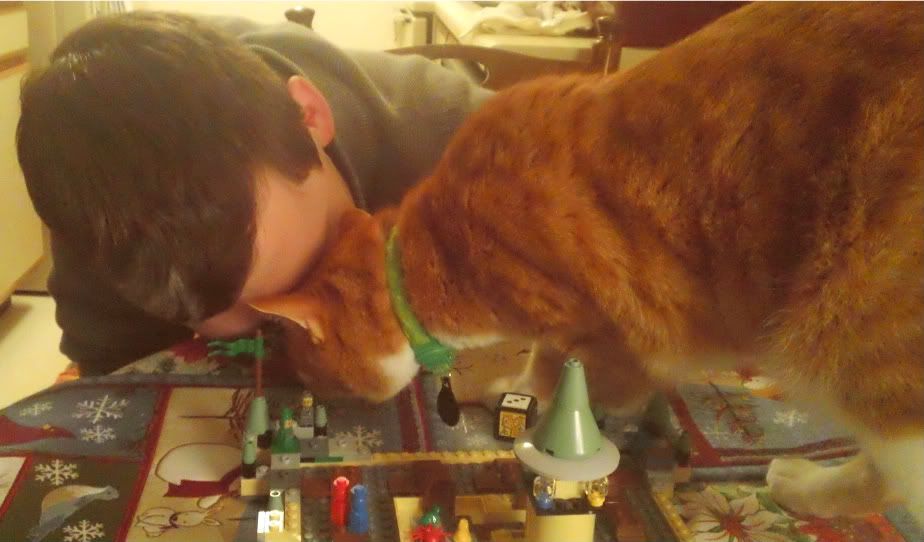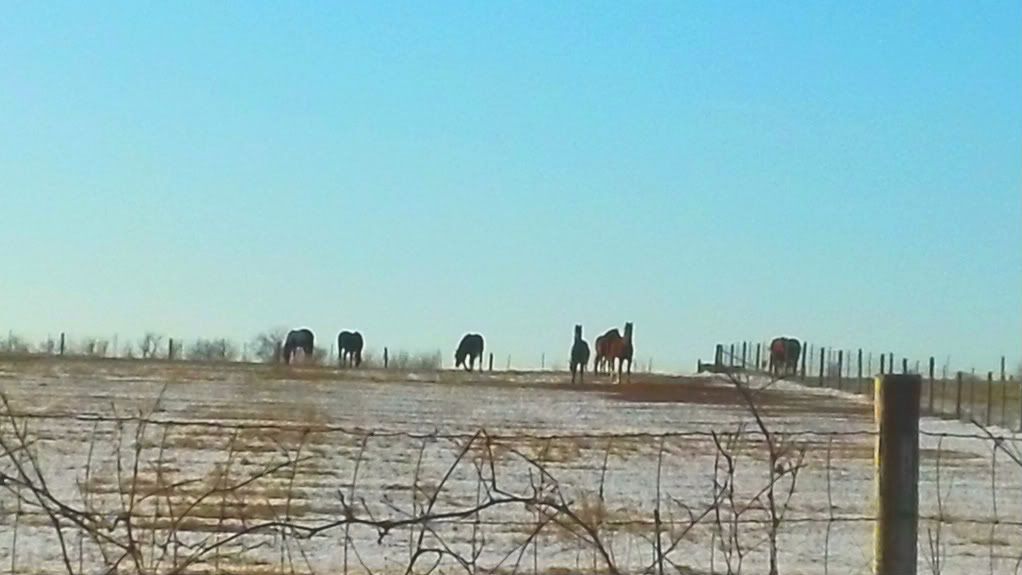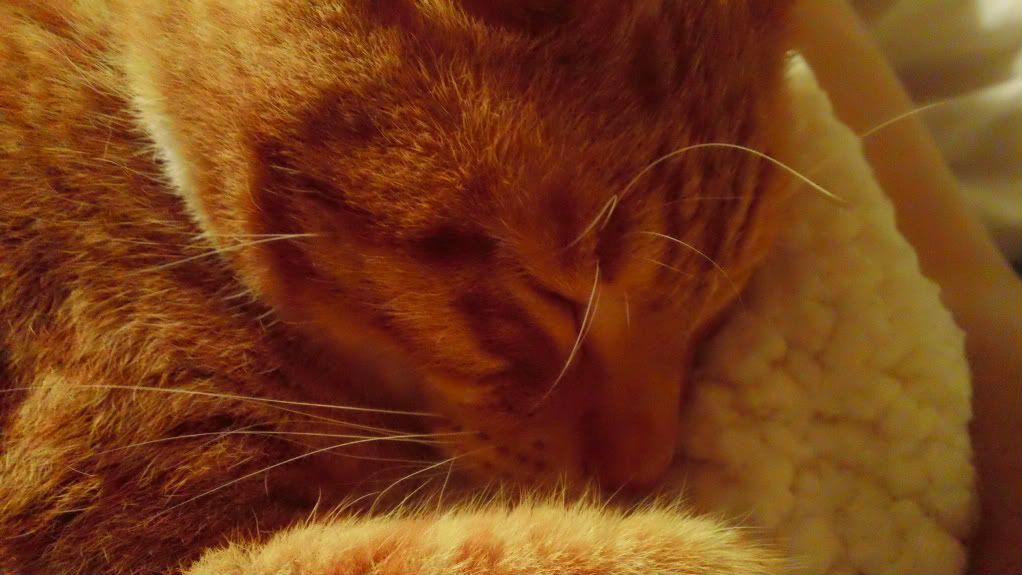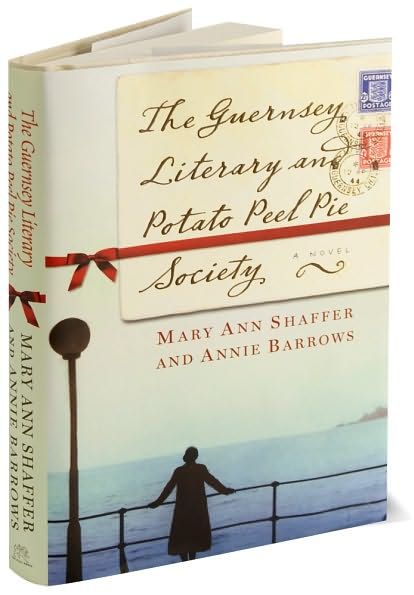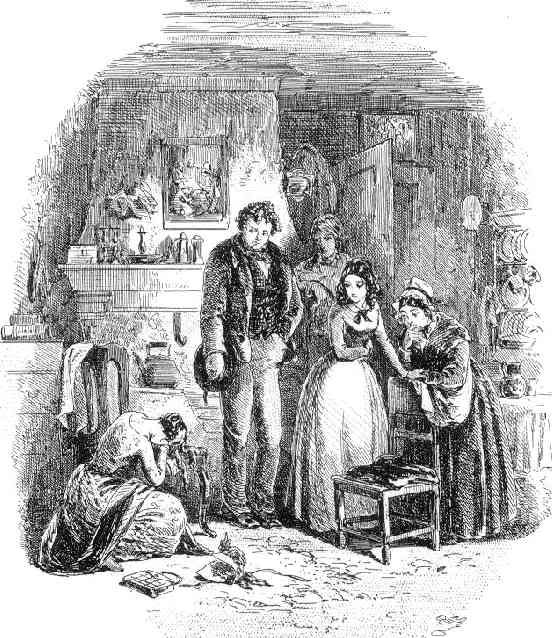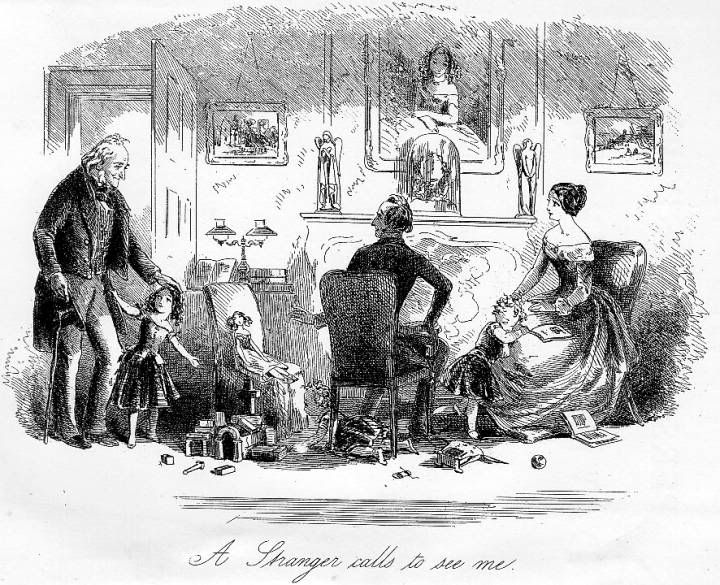Currently Reading: Princes of Ireland by Edward Rutherford
First things first... no matter how I "review" the following book, it is still worth a read. It was engrossing, engaging, and took precedence over almost everything else for the two days it took me to read it. That being said, it wasn't a very great book. Confused? Let me explain...I am sure you know the feeling- the one where you finally read a book you have always wanted to read and then you are disappointed because it was not what you imagined it to be. It's like the literary equivalent of Great Expectations. While I am often left with feelings of satisfaction and pleasure after reading, this time I felt like Pip after learning that his benefactor was not Miss Havisham. Sometimes it's not that the book is bad... sometimes it just doesn't deliver. This was the case, for me, with Sarah’s Key by Tatiana de Rosnay. It certainly sounded intriguing and had floated around on my "Read Soon Because It Seems to Be Cropping Up Everywhere" list for quite some time, so when I saw it for two dollars at a Madison bookstore, I had to grab it. (Disclaimer: I only buy books I have never read before unless it is being sold for under five dollars. This book was an excellent example why.) It wasn't just the bargain price that attracted me. Like a magnet to metal, I am usually always drawn to historical novels of any type, so I was excited to sink my teeth into it.
At first, it seemed promising. The chapters in the novel alternate between two storylines- one of a Jewish girl named Sarah who has been captured with her parents during the historical Vel d’Hiv Jewish roundups in Paris, France in July 1942 and the other of a present-day journalist doing research on those roundups sixty years later. Shifting back and forth from one time period to the other, the plot accelerates at a rapid pace, drawing the reader into the fates of both characters. Yet about halfway through the book, disappointment sets in. The storyline from Sarah’s perspective abruptly ends and the journalist’s story takes center stage. This was de Rosnay’s greatest mistake. While we learn more about Sarah through the journalist’s research, the gripping drama of the events of July 1942 and Sarah’s personal struggle to survive does not have the same potent power when viewed through the perspective of a journalist sixty years later. By putting too much focus on the marital difficulties and personal woes of the journalist, de Rosnay diminishes much of the drama and poignancy of Sarah’s story. This also succeeds in slowing down the plot of the novel. In addition, the biggest climax, which built rapidly at the beginning, occurred in the middle of the novel, while the final "plot twists" flopped and petered out. By the end of the book, I really did not have much interest in the story anymore. The ending wasn't necessarily bad- but by that point, the book had lost any oomph that it had started with.
However, I would still recommend the book, if only for the chance to learn about a little-known historical event as well as the repercussions of that event throughout history. One of the best things about the novel was its discussion of how the roundups have largely disappeared from France’s collective memory. We live in an age when remembering and keeping our history alive is a vital act for the future of our country and our world. Exploring how such tragedies can be ignored and forgotten is a warning and a wakeup call to all readers. That is the strongest part of Sarah’s Key, but does not succeed in redeeming the novel as a whole. If you enjoy historical novels, especially about WWII or the Holocaust, I believe you would enjoy this book. It is definitely worth a look, although maybe not a re-reading.
Happy Wednesday! I'll be back on Friday with a little bit of poetry. :)
